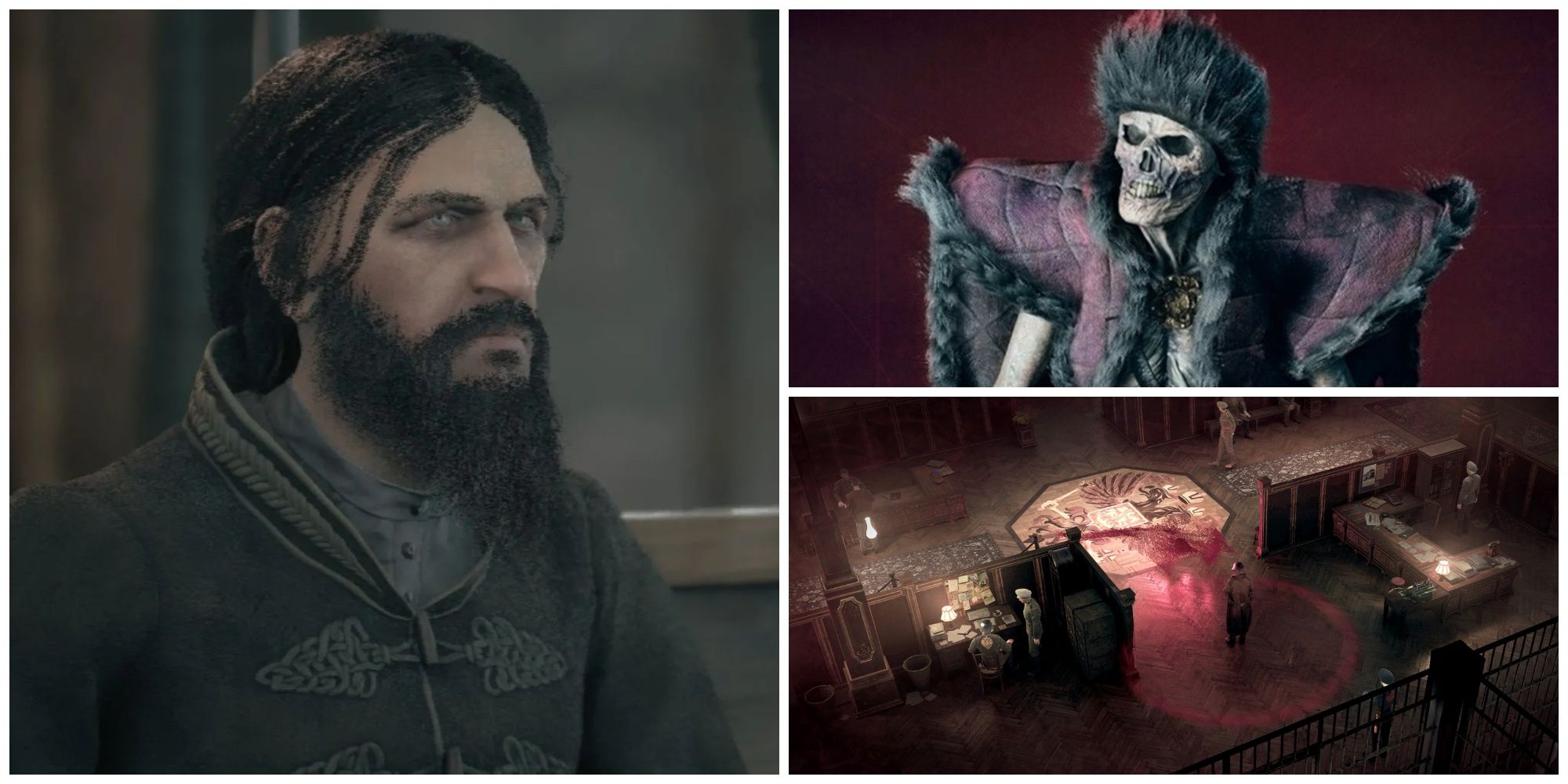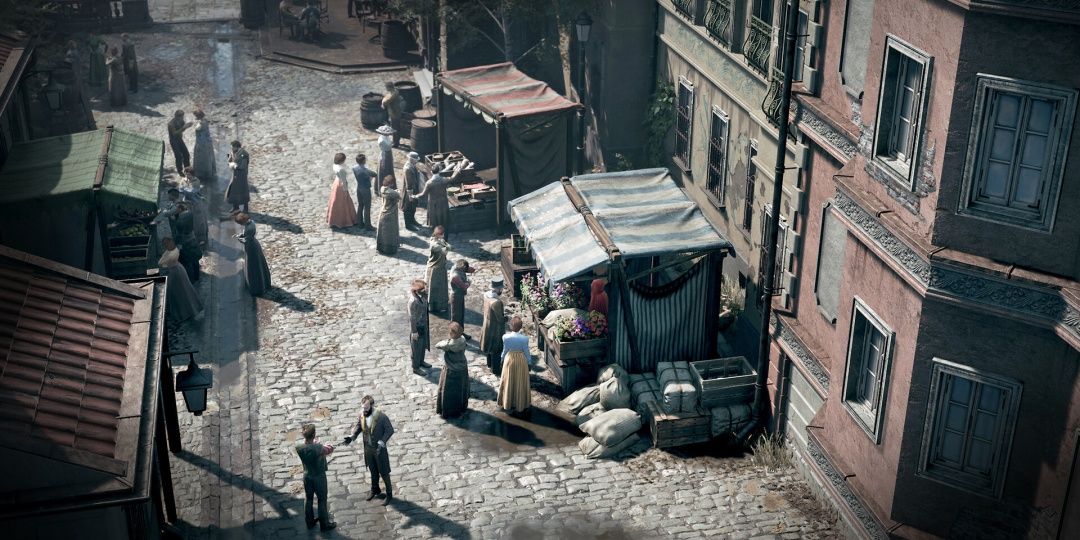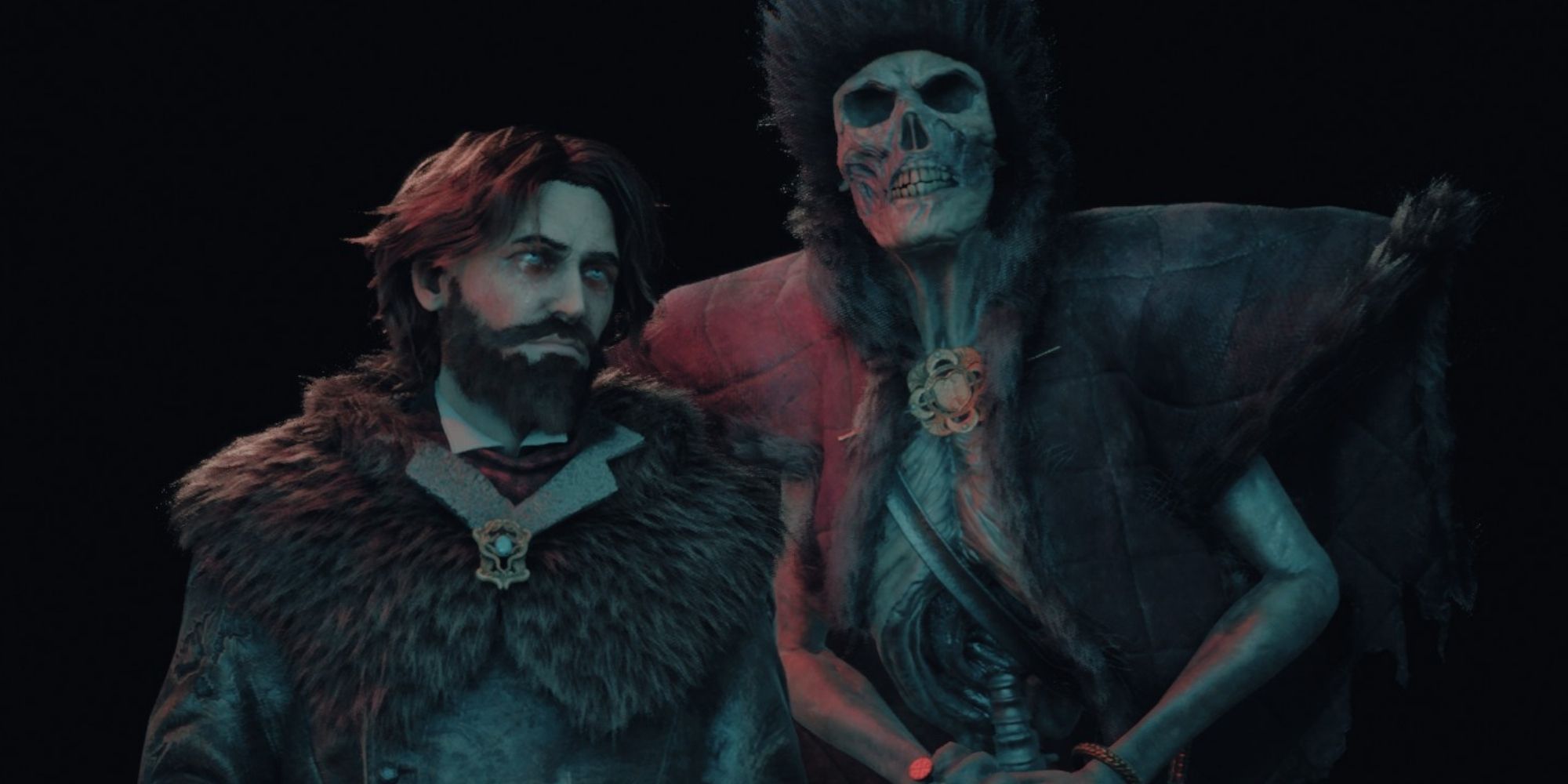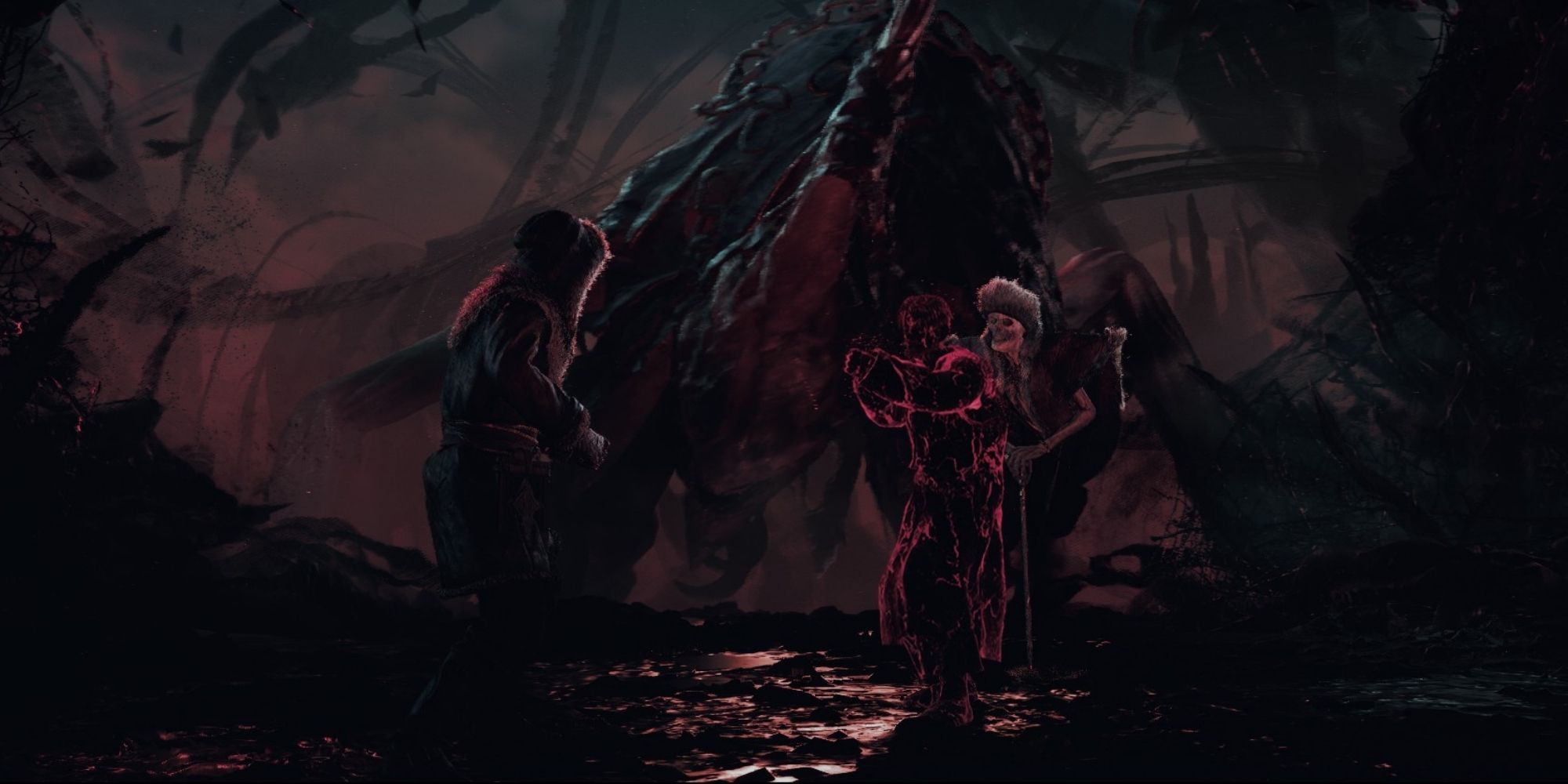An interesting prospect caught my eye as I wandered the deep, winding hallways of the Steam Next Fest page. The words “a story-driven RPG” flashed across my vision. It was a game I hadn’t heard of before, ‘The Thaumaturge’. The two keywords above are what I tend to look for in a game, so I was immediately willing to give it a spin.
I didn’t look deeper into the game until I had already finished the demo. I learned this delightful RPG is being developed by Fool’s Theory, a studio primarily known for supporting the development of large projects, and is published by 11 Bit Studios, of This War of Mine fame.
You play as Wiktor Szulski, a travelling Thaumaturge. These individuals are granted a supernatural sense of perception. A Thaumaturge can feel the intangible, read people’s emotions from their possessions, draw conclusions from acute observation; that kind of thing.
As soon as the first cutscene ended, and I gained control of Wiktor, the first thing I appreciated was the isometric camera. I enjoy this style of camera in general, but the gameplay of The Thaumaturge is complemented nicely by this design choice as well. A game where you need to follow ‘threads’ to your next clue and find small items in the environment is well-suited to an isometric camera.
True to its description, The Thaumaturge is a story-driven RPG. You jump into the story as Wiktor searches for a healer in a backwater village. The connection between Wiktor and the necromantic creature that fuels his powers has weakened, and our protagonist worries he will lose his grip on reality if that connection were to sever completely.
On my way to meet this mysterious healer, I was accosted by two tsarist deserters who wanted Wiktor’s boots. This effectively ‘dated’ the world for me—we were in the pre-Russian Revolution early twentieth century. That’s not a time period that’s been explored extensively in gaming, so it’s pretty neat that we’re getting an RPG set during those tumultuous years. Also, a Polish studio is going to have unique insight into this period of national history, which is an added bonus.
After Wiktor refused to hand over his boots, I got my first taste of the game’s combat system. It’s best described as a turn-based system that has you use cards to attack, distract, heal, and so on. I actually had a surprising amount of trouble with the demo’s final boss fight. It took me around six tries to beat it, but I learned a lot more about how the combat system worked and how to actually be ‘good’ at it, whereas before I was just spamming attacks since I had a higher health bar.
After dispatching the soldiers, I finally met the famous healer I’ve heard so much about. Turns out he actually is quite famous, because my new friend was Grigori Rasputin, a the legendary mystic or charlatan of the late nineteenth century. I adore it when games allow you to interact with historical figures, and a cursory glance at the game’s Steam page tells me that Rasputin won’t be the only infamous individual we cross paths with.
Rasputin introduces us to the game’s ‘detective’ mechanics. Using our sixth sense, we’re able to trace individuals from items that hold some sort of emotional energy for them. We discover from a prayer book that Grigori is a womanising sort. No surprise there. As it turns out, the healer’s reputation isn’t for nought, as he succeeds in sending Wiktor into a vision where he experiences a cathartic argument with his father. We also get our first glimpse of a Salutor, a dangerous creature that feeds on the ‘flaws’ of humans, essentially enhancing a specific negative emotion until the person can’t focus on anything else.
After waking up, Wiktor’s connection with his skeletal best friend had been restored, hurray. To cut a long story short, Wiktor and Rasputin team up to investigate why everyone in the village is so hostile and moody. After checking out a burnt-out house, they discover a Salutor has possessed one of the villagers.
This all culminates in a final showdown with the Salutor. After a triumphant battle, the Salutor was vanquished (or absorbed I guess). Shortly after, Wiktor receives some troubling news and has to return to Warsaw. Rasputin, claiming now to be clairvoyant, insists he must also go to Warsaw. So, on the train, we went.
That’s where the demo ends, most likely indicating that this section is the prologue. I see a lot of potential in The Thaumaturge. I’m especially excited to see how early-20th-century Warsaw will look in that charming isometric style. The demo voices the themes of the upcoming game very well, while also giving a nice preview of the core mechanics. It’ll be interesting to see how hectic the investigations could get in a big city. My only minor criticism is the voice acting can feel flat at times. I’ll be checking this one out at release.
The Thaumaturge releases December 5 on PC, and early 2024 on consoles.



